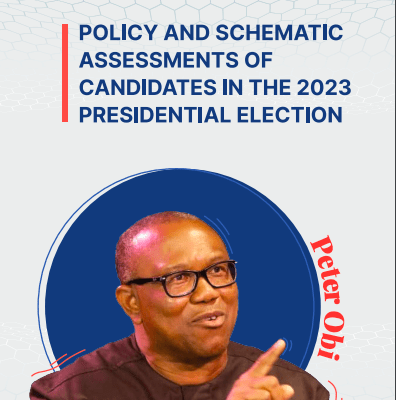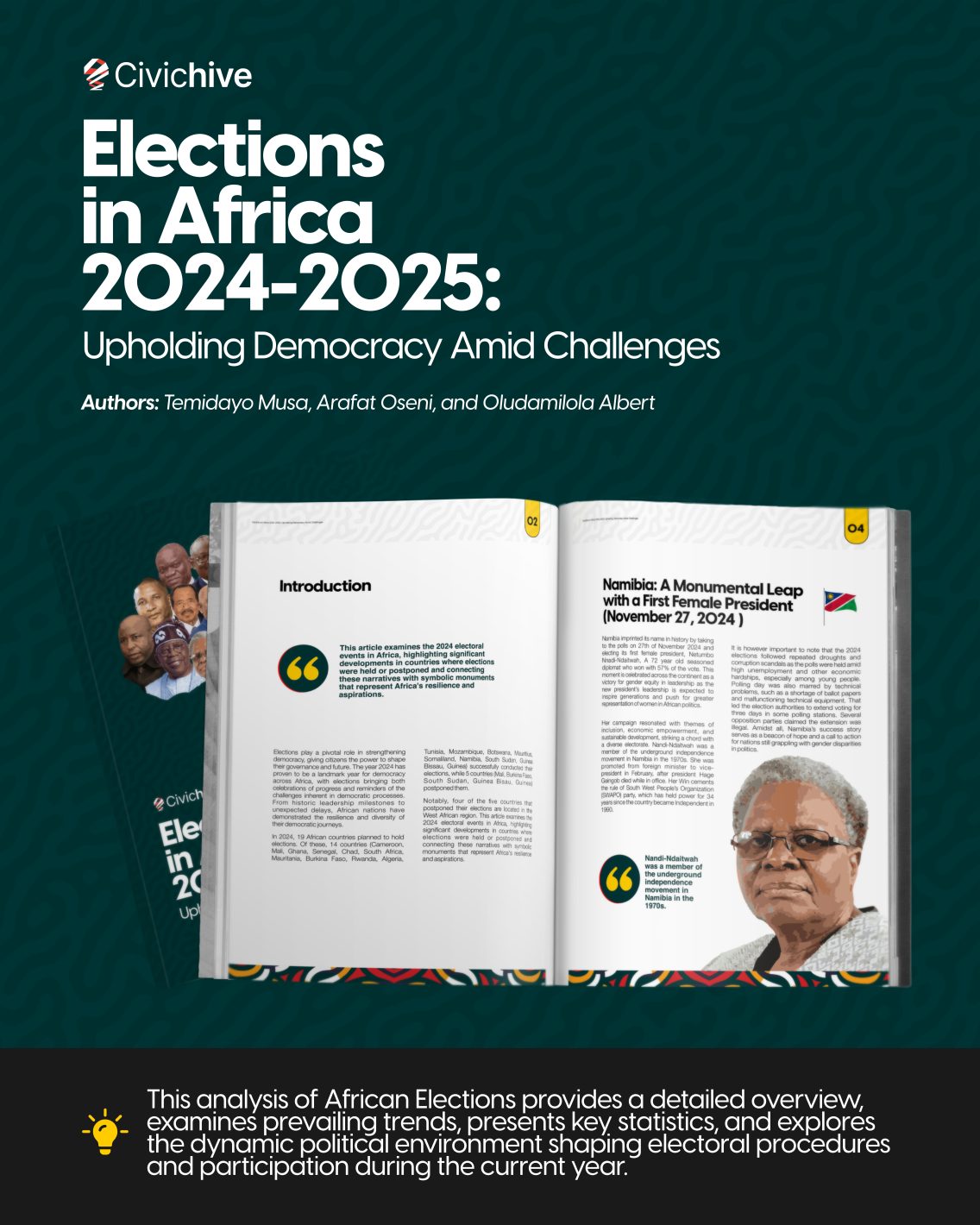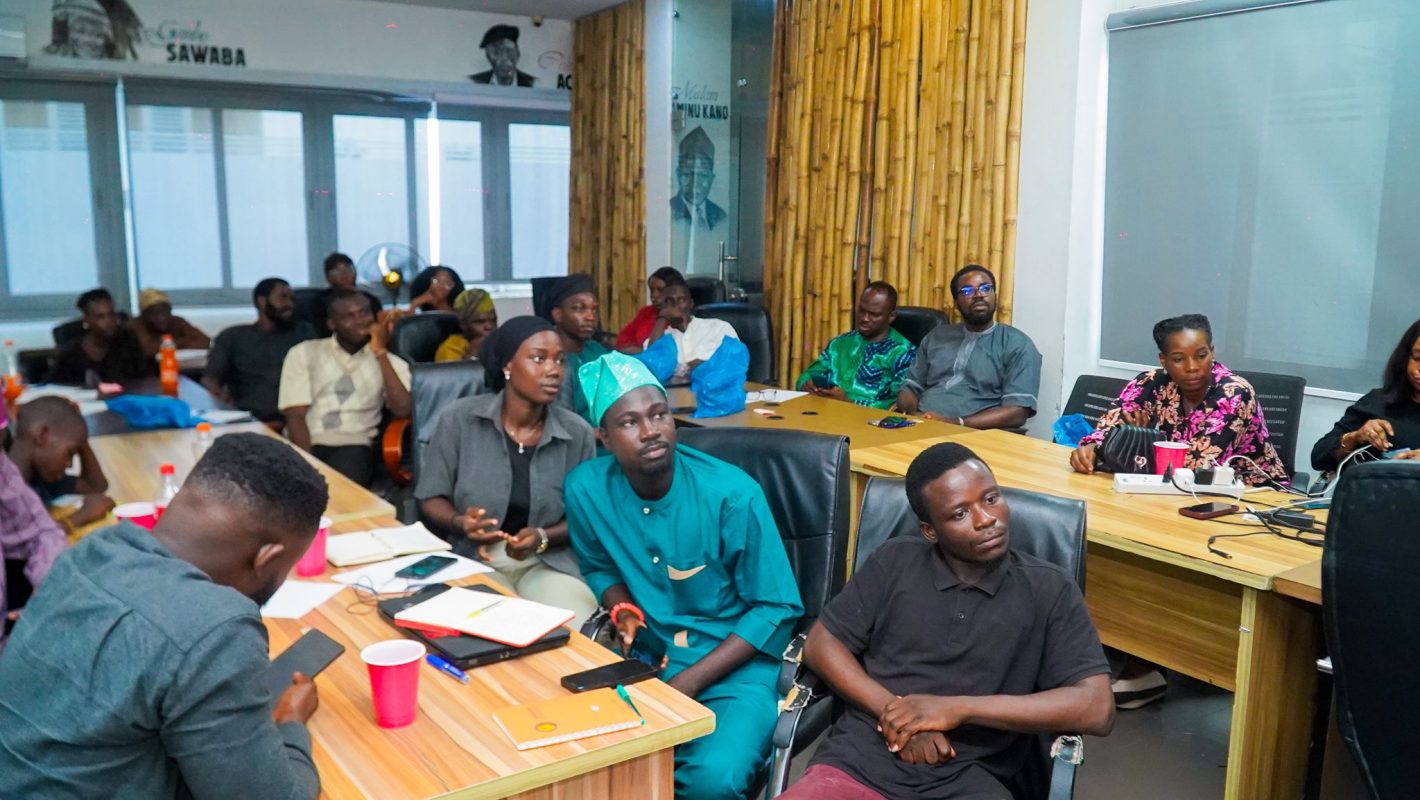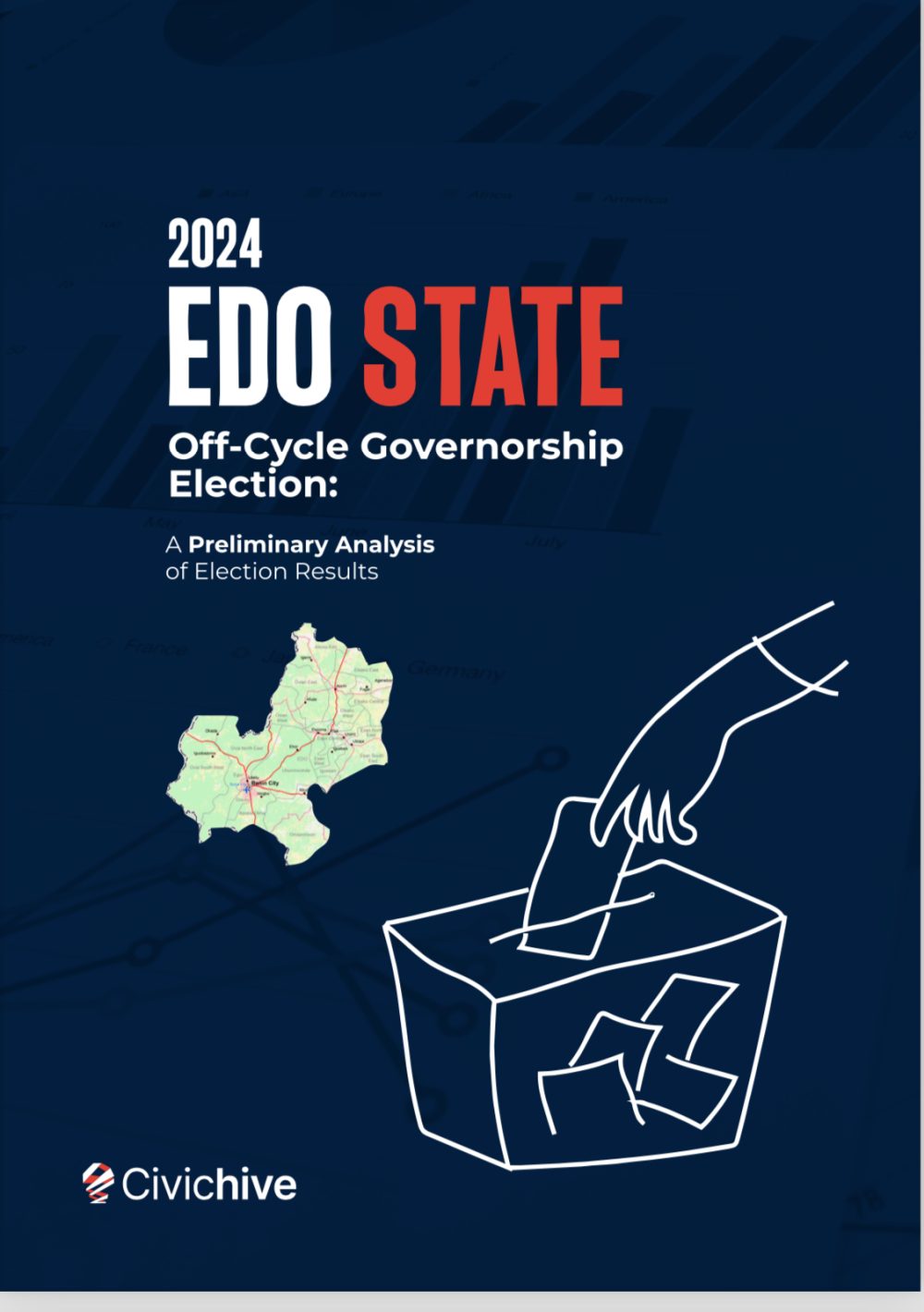CivicHive, an innovation hub of BudgIT, committed to the principles of open data and governance, citizen participation, and data transparency, has released a policy review of Peter Obi’s manifesto.
A review of Peter Obi’s “Our Pact with Nigerians” detailed seven areas of policy priorities- security, industrialization, institutional reforms, technological innovation and digital economy, infrastructure, human capital development and diplomacy which are consistent with his previous positions in media interviews and lectures.
Peter Obi’s commitment to security reforms is very insightful. Particularly his stance to decentralise management of security institutions, and formulating a policy on Common Regimentation Emolument Structure Table (CREST) that will harmonise the wages of the federal public servants, across board. Impressively, his broad ideas on revamping of UBEC and TETFUND are terrific ideas on changing the education paradigm.
Interestingly, Peter Obi’s economic policy is built on a tripod- maximisation of national agricultural potential, energising Nigeria’s production capacity, and targeting fields of regional and sectoral comparative advantage for investments. Additionally, Obi’s emphasis on productive export-led growth as a pillar of driving the economy is a bold assertion that’s required for a turnaround. His manifesto also aims to reduce the cost of governance and also re-skilling capabilities for technical workers, driving the non-oil revenue framework through expanding investment in ports, reducing export processes, and strengthening product support among others.
However, the synopsis of economic interventions outlined by Peter Obi did not sufficiently support his promise to ‘run an entrepreneurial state able to double Nigeria’s GDP in a short time and abolish extreme poverty like China that removed 740m from poverty through economic policy that emphasises social market’ . This is a very huge undertaking especially “doubling” Nigeria’s economic output.
Our review further reveals that Peter Obi’s audacious plan on restoration of fiscal viability by discontinuing unaffordable subsidies which has left a black hole in the government’s finances is difficult to evaluate without the required specifics. Furthermore, there is a gap between his promise to ‘leapfrog Nigeria into the 4th Industrial Revolution (4IR), through the application of scientific and technological innovations to create a digital economy’ and the plans and strategies itemised in his manifesto.
Disappointedly, The manifesto grimly contextualised the threats that insecurity poses to Nigeria’s social and economic development.. While there are specific provisions in ensuring a more united country in the manifesto, such endeavours are better localised than appointment of few persons into positions. The manifesto did not properly define the soft elements required to counter insurgency.
Sadly, Obi’s proposals in other human capital development components are uninspiring alternatives to current systems and processes. The candidate avoided a numeric commitment on job creation, percentile reduction in poverty, school enrolment, and funding of university education, among others.
With this release, our overarching aim is for voters to have access to information that enables them to be educated and informed about political processes so that they can have a basis upon which to vote for political office holders and to hold elected officials responsible.
You can download the policy review here:
Temidayo Musa,
Project Lead, RoadMap to 2023 Election Project



